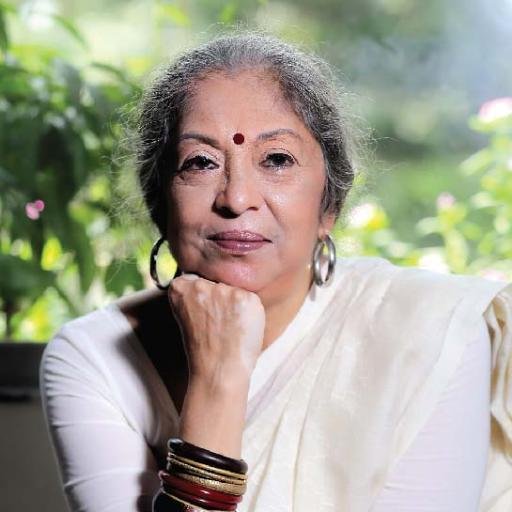Contrarian Thoughts on Humayun Ahmed
– by Bookworm Blogger
So Humayun Ahmed finally died a few days ago. Not unexpected really, considering his advanced age and his prolonged battle with cancer. You don’t really win fights like those in the end. He didn’t either.
I got the news as I was sitting in the bus, going to the mall. Facebook feeds on the mobile, of course, what else. All in all – and it’s now been several days, so my reactions have had time to settle – I find myself almost entirely unmoved by this event. Except perhaps for a brief moment of heaviness just after I heard the news. After all, this IS Humayun Ahmed. THE name to contend with in modern Bangladeshi fiction.
Sure, he was a very talented writer. Yet my enduring memories of reading Humayun are few and far between. In total, I can’t say that I read more than 12-15 of his books – and the last one was a good 20 years ago. Perhaps because towards the end – and for me, that would be 1992-93 – the crap content was so high that I felt there were far better uses of my time than reading the ramblings of some loser kid in a yellow punjabi or whatever the latest fad was that the Humayun word-machine was churning out to keep greedy publishers and childish readers happy. Continue reading “Contrarian Thoughts on Humayun Ahmed”
































 1. Irene Zubaida Khan
1. Irene Zubaida Khan
































